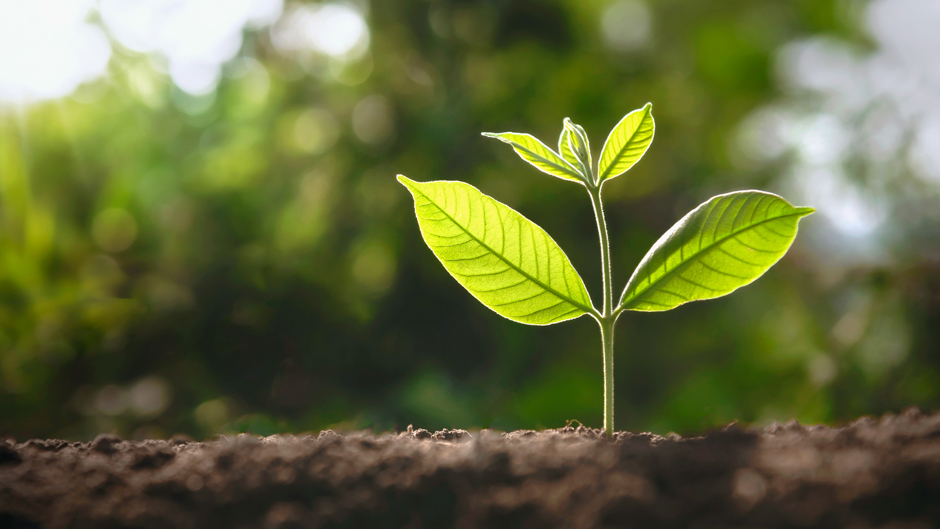Are you living your best life? Would you like to flourish? Of course you would.
A new spring course at the University of Miami called The Art and Science of Flourishing will teach you just how to achieve that. Offered by School of Education and Human Development’s professor Blaine Fowers, the course will be offered to all undergraduate students.
The class aims to take students on “an enriching academic journey into the study of well-being.”
“We are going to talk about flourishing from an Aristotelian perspective, a Buddhist perspective, a Hindu and a Confucian perspective,” said Fowers. “We will see that this is a global concept and there are many ways to follow this concept depending on your background. We will talk about diversity quite a bit all throughout the course, as well as how different thinkers and traditions have understood flourishing.”
The readings will include Aristotle, also known as the “first common-sense philosopher” who believed that leading a moral life and a good life was one and the same. He thought virtues such as courage, loyalty, and generosity were things to be integrated into one’s everyday lives to not only build up character but also lead to a more satisfying life.
Other teachings will include those of the Buddhist tradition.
“The Buddhists actually have a list of virtues,” said Fowers. “Among them are love and kindness and compassion.”
The class will meet three times a week. On the first two days, students will spend the time learning about the different traditions. On the third, they will engage in exercises on how to practice integrating these traditions into their own lives.
Fowers, who has done extensive work on the psychology of flourishing, saw the need for this type of course at this time because he often sees young people who are searching for meaning in their own lives. Social isolation during the coronavirus pandemic also affected people who were forced to be away from friends and loved ones, he said. As people came out of isolation, some found interpersonal relationships hard to establish.
“One key component of flourishing is having friendships or close personal relationships,” he said. “If you don’t have people who love you, you feel pretty miserable. Humans are built to have close relationships.”
A sense of belonging is also important to achieve flourishing. So making sure that one is part of a group who share the same interests is crucial. Students may be asked to list the groups to which they belong, he said.
Generosity is another virtue that often brings a sense of well-being.
“Human beings benefit greatly when they do things for others,” he said. “In experimental studies, we find that when you do something for others the person doing the giving benefits quite a lot.”
Fowers also hopes to integrate the virtue of gratitude into class discussions by asking students to keep a gratitude journal where they would jot down three things they are grateful for every day.
“People find these extraordinarily valuable,” he said. “It is easy to forget things like how great it is to walk down a sunny street in Miami in October, or how wonderful it feels to take a shower.”
Students will also fill out and reflect on personal states of their well-being, including their diet, sleep pattern, and overall physical health.
Another thing that is really important toward a full life is having a purpose.
Students will engage in exercises to learn what gives their lives meaning.
They will be asked: “What makes my life meaningful?” That could be work, relationships, and hobbies, as well as people they care about, said Fowers.
“Imagine feeling like you have no meaning,” he said. “That is very painful. We find that people who have clarity to what is meaningful and purposeful do better in lots of other ways.”
For more information about the class, email Fowers at bfowers@miami.edu or Nona Kiknadze at nck51@miami.edu.

